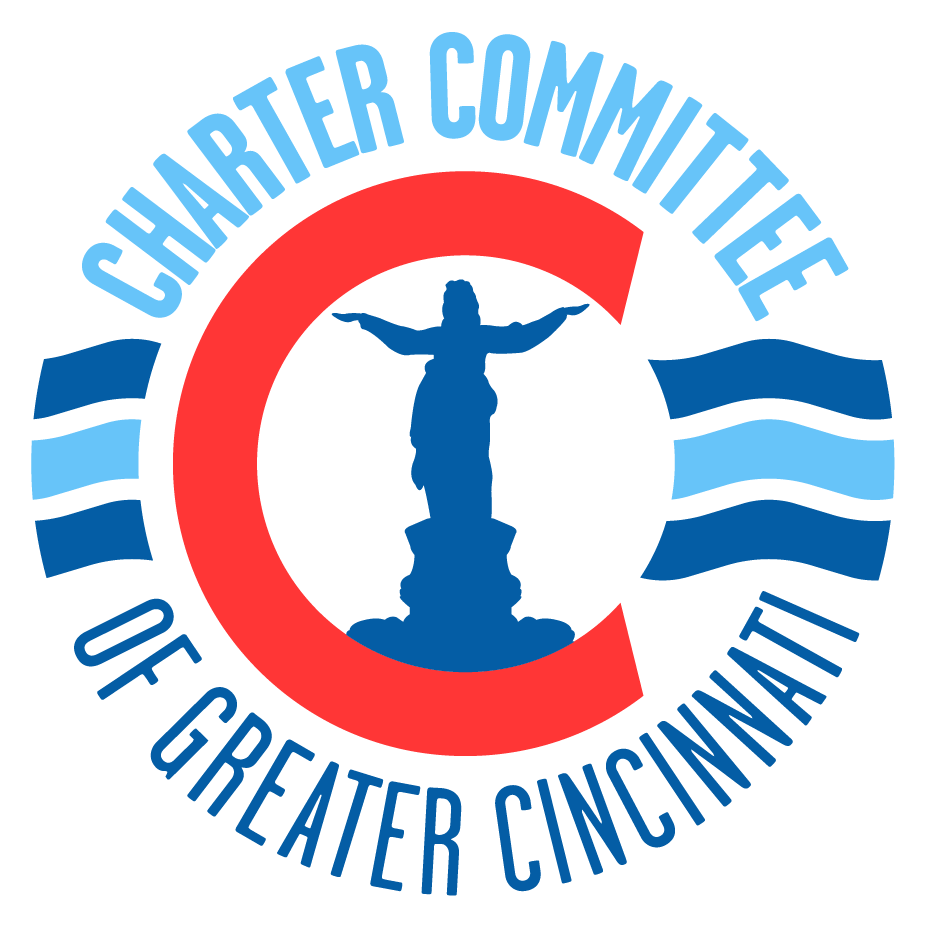WEBSITE UNDER CONSTRUCTION - Check back soon!

Founded in 1924,
The Charter Committee is an Independent Political Organization dedicated to good government.

Founded in 1924,
The Charter Committee is an Independent Political Organization dedicated to good government.
Subscribe to Our Newsletter
Charter Committee of Greater Cincinnati
1055 St. Paul Place, Suite 157
Cincinnati, OH 45202